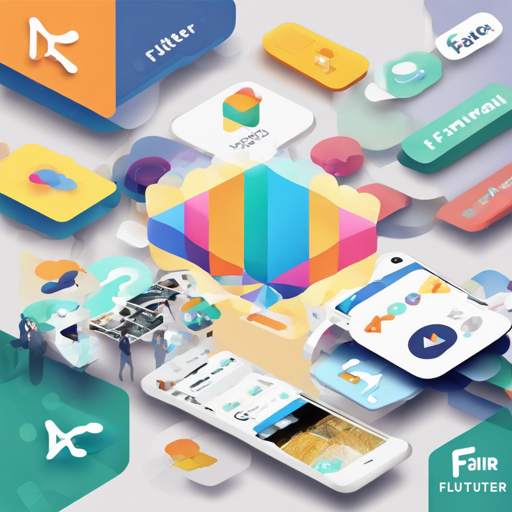In the world of mobile application development, speed and efficiency are crucial—this is where the Fair framework steps in! Fair enables a more dynamic approach to Flutter, allowing updates to be made without the traditional release cycle. This guide will walk you through setting up Fair in your Flutter project, explaining the essential steps, troubleshooting common issues, and providing insightful analogies to make complex concepts easier to grasp.
What is Fair?
Fair is a dynamic framework for Flutter that allows you to update your app’s Widget Tree and State seamlessly using a tool called the Fair Compiler. The goal is to deploy updates through business bundles and JS distributions, much like a real-time modification seen in frameworks such as React Native.
The advantage? You can roll out new pages and features without waiting on lengthy release processes!
Steps to Set Up Fair in Your Flutter Project
- Step 1: Download Fair Project Source Code
Clone Fair’s repository locally using the command:git clone https://github.com/wubafair.git - Step 2: Add Dependency in pubspec.yaml
Make sure to add the Fair dependency along with build_runner and compiler inside yourpubspec.yamlfile. Here’s a practical example:
dependencies:
fair: 3.2.1
dev_dependencies:
build_runner: ^2.0.0
fair_compiler: ^1.7.0Create a main entry point for your application and utilize FairApp to start it. Here’s how it might look:
void main() {
WidgetsFlutterBinding.ensureInitialized();
FairApp.runApplication(
_getApp(),
plugins: [],
);
}
dynamic _getApp() {
return FairApp(
modules: [],
delegate: [],
child: MaterialApp(
home: FairWidget(
name: DynamicWidget,
path: assets/bundle/lib/src/page/dynamic_widget.fair.json,
data: fairProps: json.encode()
),
),
);
}Importing dynamic widgets in Fair can be done simply by declaring a FairWidget, like so:
FairWidget(
name: DynamicWidget,
path: assets/bundle/lib/src/page/dynamic_widget.fair.json,
data: fairProps: json.encode()
)Understanding the Setup Through Analogy
Imagine Fair as a responsive chef in a bustling kitchen. In a typical restaurant, when a customer orders a dish (or wants an update), the chef has to cook everything from scratch, leading to long waits (versions must be released).
However, with Fair, the chef has a special machine (the Fair Compiler) that allows quick modifications to existing recipes (Widget Tree and State), so when a fast request comes in, the chef can simply swap ingredients and serve the meal almost instantly – no need to start over! This similarly allows app developers to push out updates quickly without going through a full release cycle.
Troubleshooting Common Issues
Every project can encounter issues along the way. Here are some common troubleshooting tips for the Fair setup:
- Dependency Errors: Check to make sure you have the correct versions listed in your
pubspec.yaml. Ensure all dependencies are properly imported and up-to-date. - Widget Tree Not Updating: Double-check that your
pathin the FairWidget points to the correct location of your dynamic widget JSON file. - App Crashes: Inspect your Fair properties being passed to ensure no null or undefined values are causing issues.
For more insights, updates, or to collaborate on AI development projects, stay connected with fxis.ai.
Conclusion
At fxis.ai, we believe that advancements like Fair are crucial for the future of AI and app development. They enable comprehensive and effective solutions, continually pushing the envelope for what’s possible. By utilizing the Fair framework, you can enhance your development productivity and drastically shorten your update cycles.
Join us in exploring how these innovative solutions can transform your development approach and empower you to deliver exceptional user experiences.

